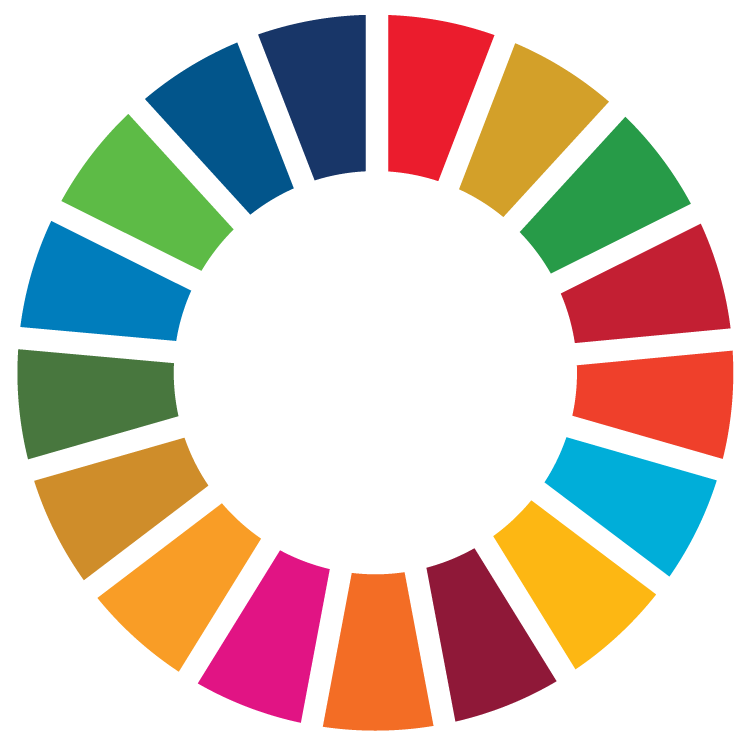Winner - Dr. Alicia Mateos Cardenas
Investigating Plastic and Plant-Based Teabags in Ireland
Dr. Alicia Mateos Cardenas, Postdoctoral Researcher, School of Biological, Earth and Environmental Sciences and Environmental Research Institute (ERI)
Impact: National, International
Plastic pollution is one the current sustainability challenges of the 21st century. Bioplastic alternatives have been introduced in the market despite some failing key environmental metrics. This study examined for the first time the degradation of different teabag materials under real environmental soil conditions. Results suggest that teabags made of cellulose are a better alternative to petroleum-based or pure bioplastic teabags in terms of biodegradation. This research was published in 2022 with tea industries, the scientific community and environmental regulators being reached through publication outputs and the general public via multiple media channels and coverage, including The Independent and The Irish Examiner and RTE Radio 1.
This research is especially connected to SDG 11 and SDG 12. The results from this study highlighted the lack of environmental degradation and the need for more composting facilities (target 11.6). This research has led to the discussion of the needs for the new regulations against greenwashing practices at an Irish level by the CCPC (target 12.1). The research also highlighted how different teabag materials can have different footprint based on their end-of-life environmental degradation, as well as the need for a reduction of littering of teabags in gardens and home compost (target 12.2, target 12.4, target 12.5). This research was funded by Unilever, having a great impact on one of the biggest consumer good companies globally (target 12.6). All outreach work generated from this project was aimed at sharing relevant information that will help consumers make informed decisions and raise awareness about the issue as well as raising the problem to be selected by the CCPC for policy action national (target 12.7, target 12.8). Results from the project, which focussed on a soil burial test, highlighted how some bioplastics can accumulate in the terrestrial environment for long periods of time, potentially harming soil biota and hence degrading land (target 15.3). Results were also shared with University caterers to provide insight and better alternatives to contribute to UCC’s efforts to create a ‘plastic free’ campus (target 4.7).
Targets
- 4.7 - Education for sustainable development and global citizenship
- 11.6 - Reduce the environmental impact of cities
- 12.1 - Implement the 10-year sustainable consumption and production framework
- 12.2 – Sustainable management and use of natural resources
- 12.4 – Responsible management of chemicals and waste
- 12.5 – Substantially reduce waste generation
- 12.6 – Encourage companies to adopt sustainable practices and sustainability reporting
- 12.7 – Promote sustainable public procurement practices
- 12.8 – Promote universal understanding of sustainable lifestyles
- 15.3 – End desertification and restore degraded land
Contribution to the Sustainable Development Goals


